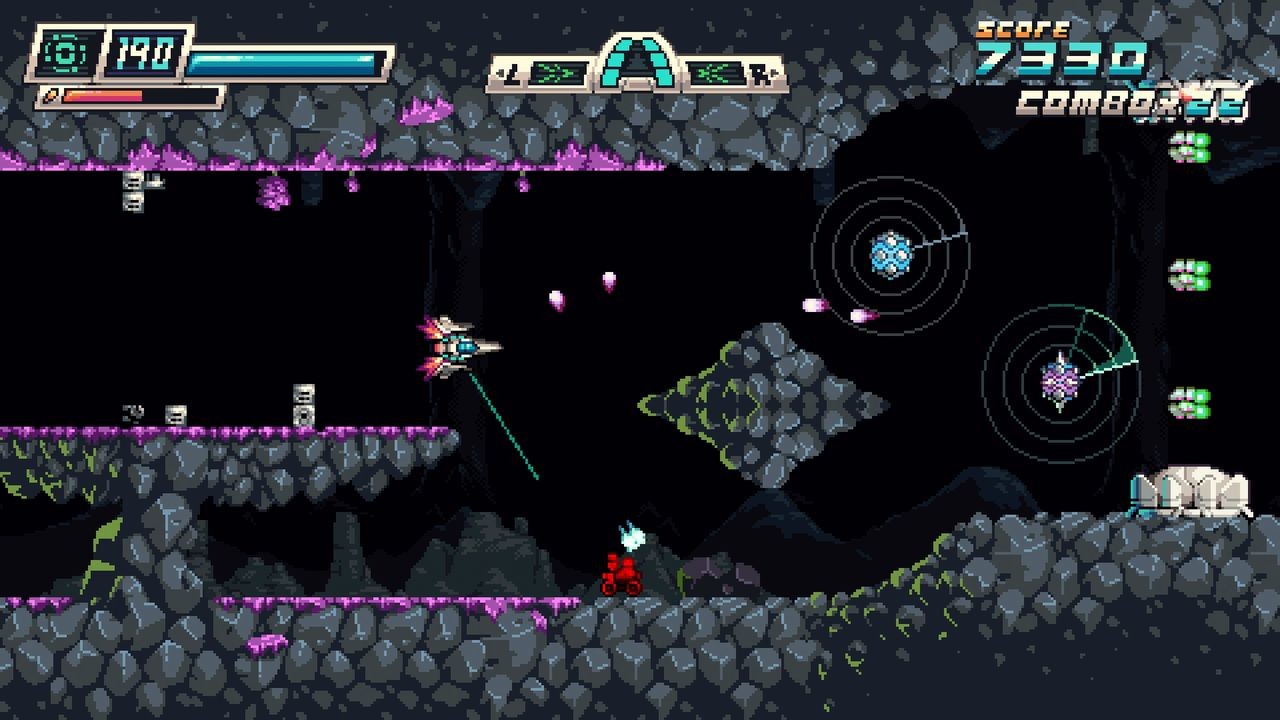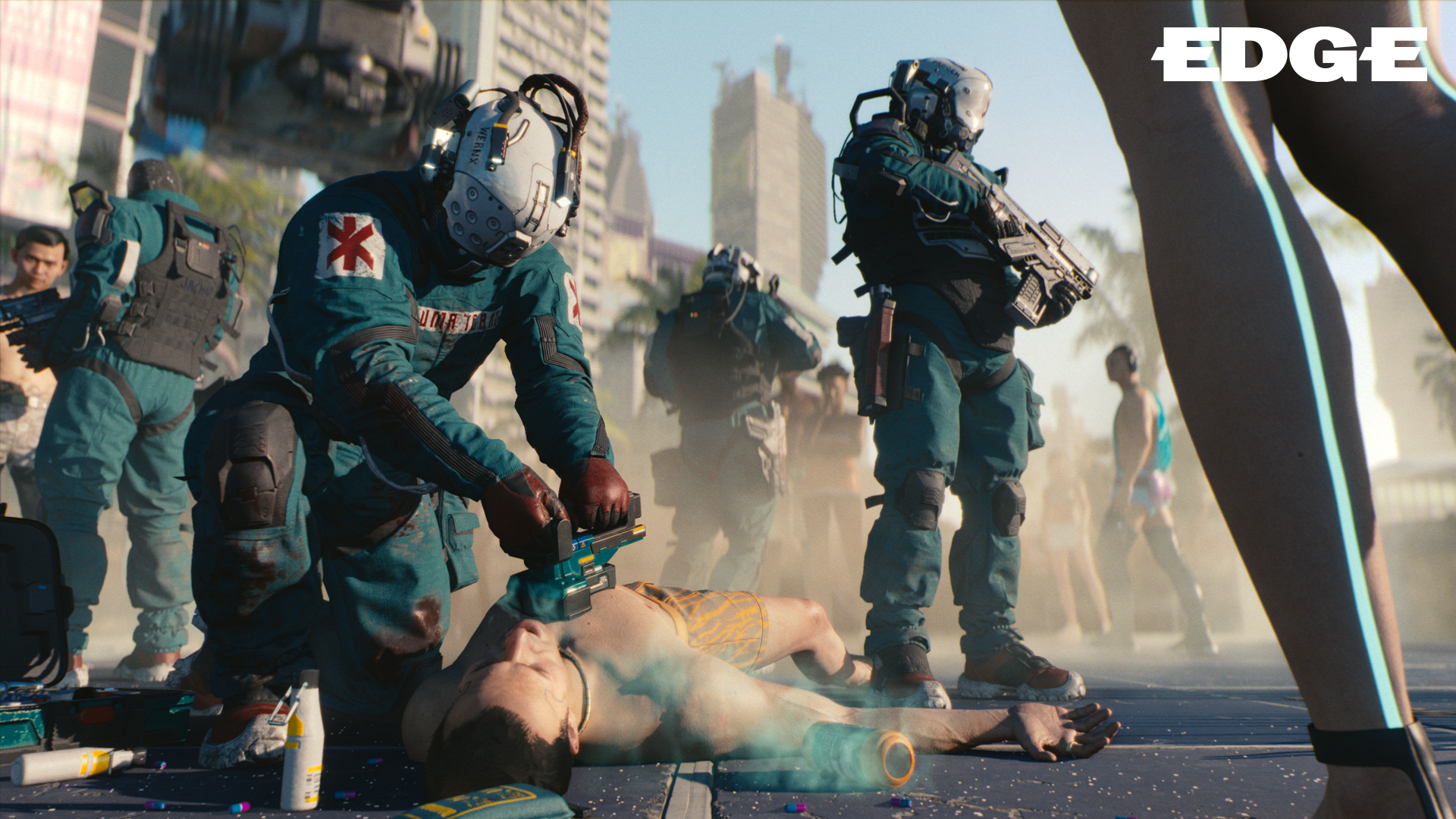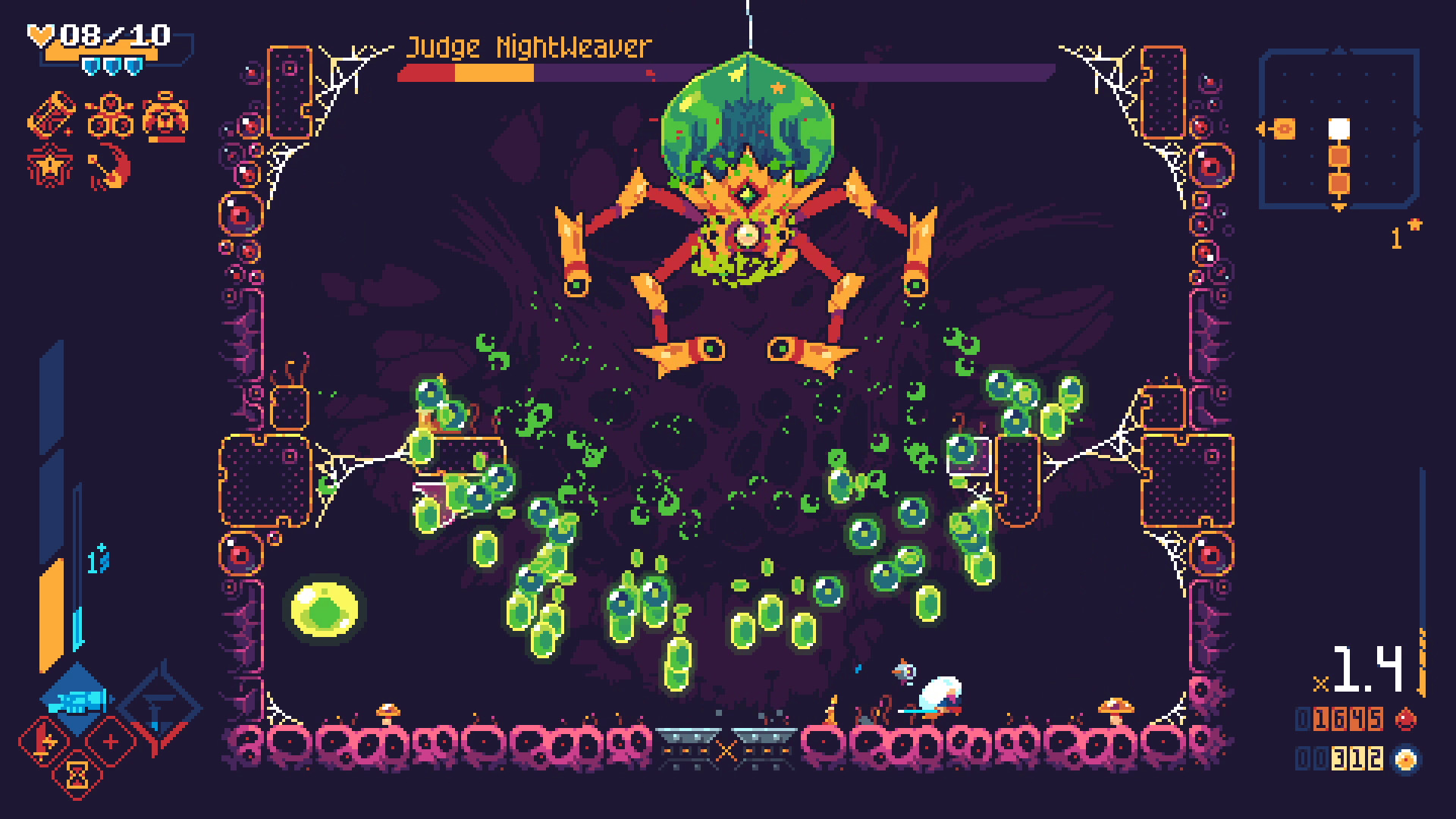Sony's disregard for game preservation is bad for everybody, including developers
Some developers were completely unaware of the store closures, leading to the cancellation of PS Vita games

Weekly digests, tales from the communities you love, and more
You are now subscribed
Your newsletter sign-up was successful
Want to add more newsletters?

Every Friday
GamesRadar+
Your weekly update on everything you could ever want to know about the games you already love, games we know you're going to love in the near future, and tales from the communities that surround them.

Every Thursday
GTA 6 O'clock
Our special GTA 6 newsletter, with breaking news, insider info, and rumor analysis from the award-winning GTA 6 O'clock experts.

Every Friday
Knowledge
From the creators of Edge: A weekly videogame industry newsletter with analysis from expert writers, guidance from professionals, and insight into what's on the horizon.

Every Thursday
The Setup
Hardware nerds unite, sign up to our free tech newsletter for a weekly digest of the hottest new tech, the latest gadgets on the test bench, and much more.

Every Wednesday
Switch 2 Spotlight
Sign up to our new Switch 2 newsletter, where we bring you the latest talking points on Nintendo's new console each week, bring you up to date on the news, and recommend what games to play.

Every Saturday
The Watchlist
Subscribe for a weekly digest of the movie and TV news that matters, direct to your inbox. From first-look trailers, interviews, reviews and explainers, we've got you covered.

Once a month
SFX
Get sneak previews, exclusive competitions and details of special events each month!
Following rumours last month, Sony has now confirmed that it will indeed be closing down the PSP, PS3, and PS Vita digital storefronts later in 2021. This is, of course, a massive blow to the industry from a game preservation standpoint, and has already sparked discussions over the dangers of digital ownership, and the ease of visiting old PlayStation classics.
Much of the criticism with this practice has come from disappointed consumers, but they aren’t the only ones impacted by Sony’s decision. Developers, most notably those currently working on games to be released on the aforementioned platforms, are now having to abandon certain ports of their titles if they were due to launch after the closure of their respective online stores.
In other words, any game that was currently in development for PSP, PS3, and PS Vita, that were set to release after the planned store closure dates, have been effectively cancelled. The worst part is that many developers weren’t notified ahead of time that the stores would be shutting down. This rings true especially for PS Vita developers, of which there are (or were) still a healthy number.
Digital destruction


According to Vice Games reporter Patrick Klepek, a memo was sent to developers ahead of time with information that the stores would be closing down, though it’s unknown how recently this memo was sent out, and why certain developers didn’t receive it. Either way, it’s clear that many were completely caught off guard by the announcement that the stores will be closing.
Lillymo Games, for example, had to abruptly cancel its upcoming Vita game in light of the development. "With today's news of the Vita Store closing, we sadly have had to cancel the Vita version of our next game," the studio announced on Twitter. "The store will be closed before our next game is ready, so it seems Habroxia 2 will be our final Vita release."
The Domaginarium, a developer based out of El Salvador, meanwhile revealed that it had to cancel "a few projects" that the team had wanted to bring to the PS Vita. As the developer explained, two of its current projects are "more than half done," and the studio is now working hard to finish those games by the time the store closes later this year, on August 27.
This tight deadline could lead to two released products that are not up to the studio's traditional standards, as it crunches to get them finished in time. Worse still, it might not be able to complete the projects in time at all. The team noted that any other projects in the works would "definitely take more than 3 months to finish," meaning they won’t see the light of day, at least on PS Vita.
Weekly digests, tales from the communities you love, and more

Thomas Altenburger of Flying Oak Games explained that its upcoming roguelike platformer, ScourgeBringer, is the last digital PS Vita game planned to release, launching on April 22nd. This, as Altenburger notes, only gives you 128 days to purchase the game on the digital store before it closes on August 27th.
What’s fascinating is that Flying Oak Games anticipated the store closure, despite not knowing its exact date. "We didn't have the exact timing," says Altenburger, "but since it has been made quite clear to us that we would be the last game to go through the validation process, along with deadlines to pass, we knew we were going to sign the last stand of the machine."
The team looked at the upcoming store closure as a challenge – to see if they could finish the Vita version of ScourgeBringer in time. In fact, Altenburger reveals that the Vita edition wasn’t even planned at first, but once rumors came about that the store might be closing, the team asked itself "Wouldn't that be fun to try?", and got to work on a port. Altenburger says the Vita version of ScourgeBringer is a way for the studio to "pay hommage to the hardcore Vita fans who never let it go, despite the odds." His comments aptly invoke the narrative of fan-fuelled perseverance that has been surrounding the life cycle of PS Vita ever since it launched in 2011.
Veni, vidi, Vita

"It's truly a shame that the preservation of games is handled so poorly in this industry."
Behind the Stone
Not all developer stories about the store closures had happy endings, though. One developer we spoke with (who requested to remain anonymous) said there was no advance warning of the store closures ahead of the rumors. The source said "we were not only given no notice, we were sold a dev kit last month for Vita, and were ignored when we asked about the rumors of its closure."
The developer also explained a bit about the process of making a game for PS Vita, which utilizes a specific engine that is not as easy to use as a modern engine for contemporary games: "It is easier to work in the newer engine, but we use the older one to start so that we can support Vita." If the developer had known about the PS Vita store closure planned for this year, in other words, it would have reallocated its resources and started making the game for other platforms in a modern engine instead of the older one.
Even if a studio manages to finish a project in time before the store closes, it will only be available on the market for a short time, which could potentially damage profits and subsequently impact future projects. Even as it stands, Vita games aren’t as profitable as developers would like, so the short lifespan could be seen as a final blow to studios that have stuck by the platform. Behind the Stone, the developer of PS Vita game Sir Eats a Lot, expresses disappointment over how game preservation is handled by not just Sony, but the industry at large.

"It's truly a shame that the preservation of games is handled so poorly overall in this industry," they tell GamesRadar+. "I love all the limited physical publishers out there. But that's it – it's limited. It would be great if games could truly be accessible for everyone."
What will come of the hundreds (or thousands) of dollars spent on digital storefronts? Will there be a day when you’ll no longer be able to purchase PS5 games? The biggest issue from a business perspective is that it costs money to maintain digital storefronts and if those games aren’t selling, it makes sense to cut the cord.
But these are all games that developers poured time, effort, energy, and money into. And we’ve put time and money into playing them. There has to be a solution for keeping these games alive. It doesn’t sit well with consumers and developers that some games will just be gone for good. But perhaps the news of these store closures will come as a hard lesson that developers and publishers can learn from, hopefully leading to a solution for the preservation of our games, and the cultural snapshots of history that surround them.
For more, check out the best PS4 games to play right now, or watch the video below for our full unboxing of the new Xbox headset.

Joseph loves Nintendo and horror games. With the Nintendo Switch, he's ready to get spooky anytime, anywhere. He specializes in covering Call of Duty: Warzone and action RPGs like Dark Souls, so you can bet he's looking forward to Elden Ring, the brainchild of George RR Martin and Hidetaka Miyazaki. You can find Joseph's work at GamesRadar, Digital Trends, Inverse, and PLAY Magazine. When he's not writing about video games he can usually be found petting his cats and listening to some Progressive Metal. He thinks Meshuggah is tight.


